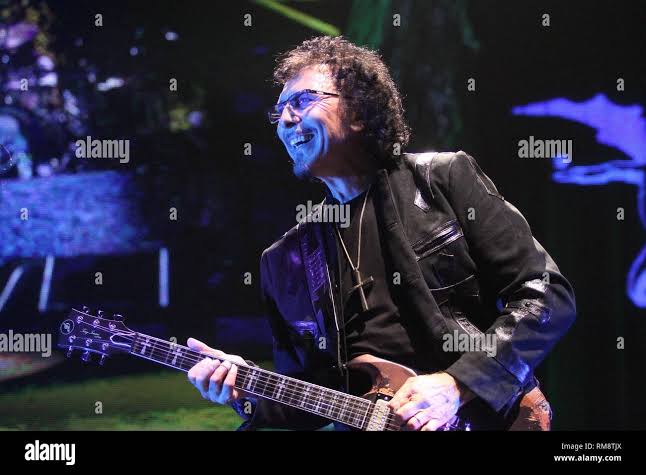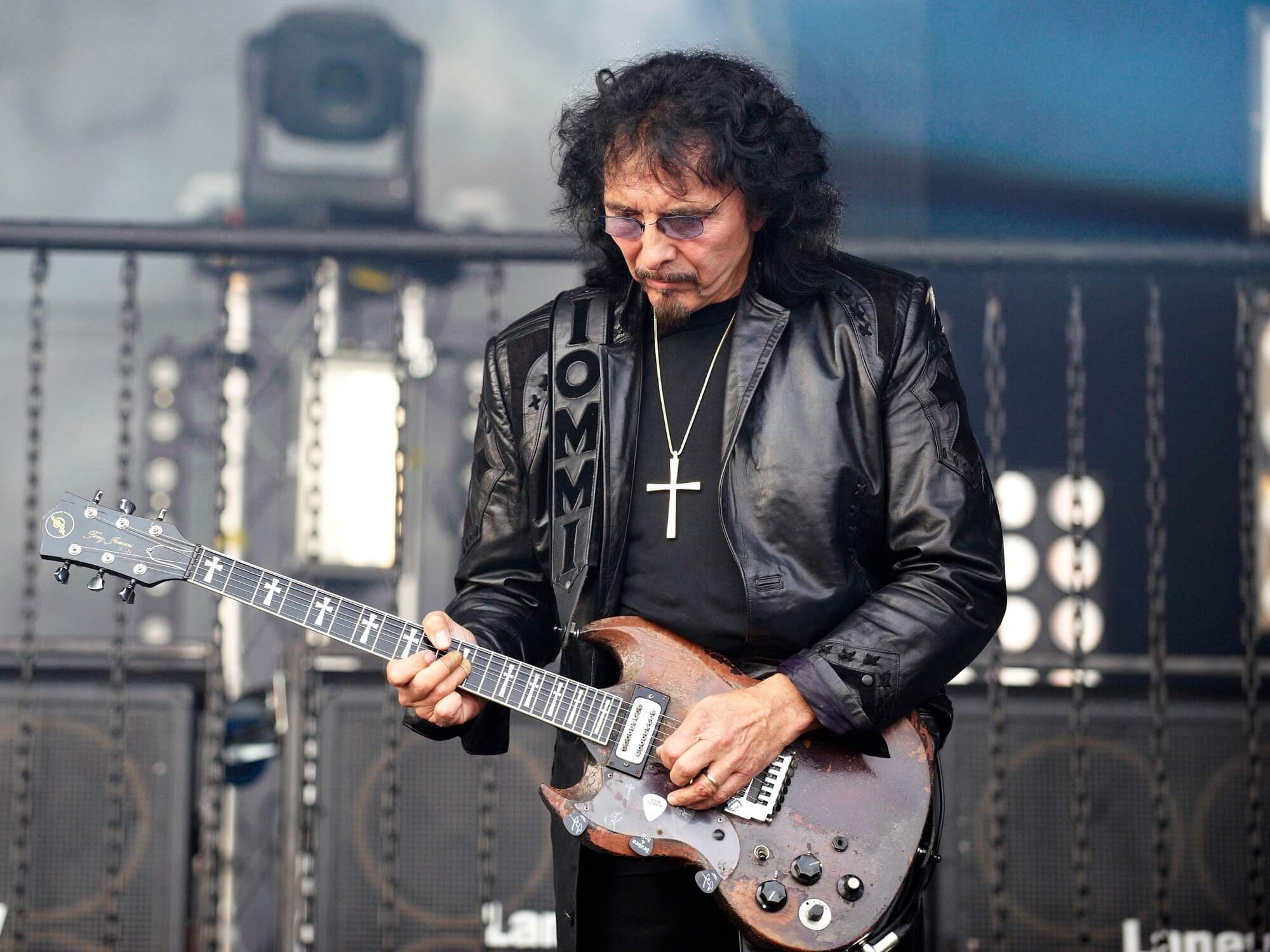BREAKING: Black Sabbath GUITARIST Tony Iommi C…read more.
In the annals of rock and metal history, few moments stand as boldly as the night Black Sabbath unleashed their thunderous power on an unsuspecting crowd and left music forever changed. It wasn’t just another gig. It was a turning point a seismic blast that reshaped the boundaries of heavy music and stunned everyone who witnessed it.
The story begins in Birmingham, England the gritty industrial city that birthed the very essence of heavy metal. The year was 1970, and the band, still relatively unknown outside their local scene, had just released their self-titled debut album. Featuring haunting riffs, occult themes, and an intensity unlike anything before it, “Black Sabbath” the album was already stirring whispers of a new sound in rock. But no one could have prepared for what happened when they brought that sound to the stage.
“The whole place went, ‘What on earth is this?!’ It was nuts. The crowd went mental,” recalled one roadie from the era, who was working backstage the night Sabbath played the now-legendary gig at the Star Club in Hamburg, Germany. Though Sabbath had already begun attracting attention in the UK, their European dates marked the first time many international fans were exposed to their raw, thunderous sound.
From the moment Tony Iommi struck the opening riff a slow, eerie, detuned guitar line that would soon become his trademark the atmosphere in the venue changed. Audience members, expecting the blues-influenced rock that was common at the time, found themselves surrounded by something darker, heavier, and utterly new. Bill Ward’s pounding drums, Geezer Butler’s doom-laden basslines, and Ozzy Osbourne’s eerie, wailing vocals collided into a wall of sound that hit the crowd like a freight train.
What followed was not just a concert, but a cultural awakening.
People screamed. Some tried to dance but gave up, overwhelmed by the sheer force of the music. A few even left but most stayed, wide-eyed and stunned, as Sabbath delivered an hour-long set that tore apart the norms of rock ‘n’ roll. Songs like “N.I.B.,” “The Wizard,” and “Black Sabbath” weren’t just played they were unleashed, and they echoed through the hall like a prophecy being fulfilled.
“It was primal, it was loud, it was scary and nobody knew what the hell to make of it,” said Martin Hopkinson, a German music journalist who was present that night. “But you couldn’t look away. You could feel something changing, like we were witnessing the birth of something entirely new.”
Indeed, that gig and others like it across Europe were ground zero for what would soon become heavy metal. While bands like Led Zeppelin and Deep Purple were pushing rock into heavier territory, it was Sabbath who brought the darkness. Their riffs were slower and heavier, their lyrics full of dread, war, madness, and the occult. And it all clicked that night in Hamburg.
After the gig, word spread fast. Fans talked about the band in hushed, almost reverent tones. Record store owners began ordering extra copies of their album. Club promoters who hadn’t given Sabbath a second look were suddenly begging to book them. Within a year, they were headlining major festivals and redefining the sound of the era.
Looking back, Tony Iommi has often referred to those early shows as the foundation of the band’s legacy. “We didn’t know we were inventing something,” he once said in a BBC interview. “We just wanted to play what felt natural to us. But people had never heard anything like it before. It was like dropping a bomb in the middle of a love song.”
Today, over five decades later, Black Sabbath’s influence continues to ripple through generations of musicians. From Metallica to Slipknot, from doom metal to stoner rock, the echoes of that historic gig still reverberate.
It’s hard to pinpoint a single moment when a genre is born. But for many who were there and for those who came to understand its impact later that night in Hamburg stands as one of those rare, explosive points in history where everything changed.
As Ozzy himself once shouted into the mic during a later tour: “We’re not just playing music we’re raising the dead.” And that night, in a packed club where the crowd “went mental,” Black Sabbath did exactly that.
And rock ‘n’ roll was never the same again.



